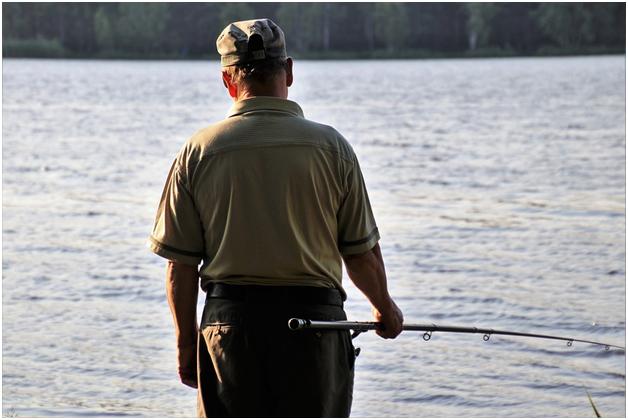Aboriginal rights are those that some Aboriginal people of Canada hold as a result of their ancestors’ long-standing use and occupancy of the land. Canada’s Aboriginal People have different rights to practice traditional activities and customs on their ancestral lands, which generally differ from the rights of the migrants. These rights differ from group to group and tribe to tribe, depending on their customs and traditions. In this article, we will discuss the aboriginal hunting and fishing rights applicable to Canada’s aboriginal people.
What Constitutes an Aboriginal Right?
The Supreme Court of Canada determined that an activity or practice is an Aboriginal right if it is an “element of a practice, custom or tradition integral to the distinctive culture of the Aboriginal group claiming the right.” In this decision, the Court gave guidance on what constitutes an Aboriginal or Indigenous right. The practice must:
- Be of central significance to the group
- Have existed before the arrival of Europeans in North America (not merely before Crown sovereignty)
- Have continued to the present day
What does Section 35 of the Constitution Say About Aboriginal Rights of People of Canada?
Aboriginal or Indigenous rights belonging to the Aboriginal people of Canada are collective rights, protected under Section 35 of the Constitution. This Section 35 states that:
- The existing Aboriginal rights of the aboriginal people of Canada are now recognized and affirmed
- In this Act, “Aboriginal People of Canada” includes the Métis, Indian, and Inuit people of Canada
- Notwithstanding any other provision of this Act, the Aboriginal rights referred to in subsection (1) are guaranteed equally to males and females who have occupied the ancestral land.
What are the Aboriginal Rights for Hunting and Fishing in Canada?
The rights to hunting, fishing, and trapping within the community land and water areas in Canada can be considered as some of the Aboriginal rights. Let us look at the Aboriginal rights of fishing and hunting in detail.
The classified Aboriginal people of Canada (Métis, Inuit, and Indian) should carry their identification card and domestic fishing and hunting license while fishing and hunting to prove that they belong to the Aboriginal community. Aboriginal or Indigenous rights to fish and hunt include the following guidelines for Aboriginal people of Canada:
- The right to determine who within the area will be the recipients of the fish or the hunt for final consumption
- The right to select the purpose for which the hunt will be used such as for consumption, decoration, use of parts, or ceremonial purpose
- The right to fish for particular species of fishes such as steelhead or trout
- The right to choose the time to hunt in the river
- The right to determine the method and manner of fishing and hunting
These Aboriginal people cannot fish or hunt in provincial parks, recreation areas, ecological reserves, wildlife sanctuaries, including road corridor wildlife sanctuaries, or other similar lands where no hunting is allowed.
For more information about aboriginal rights and environmental laws concerning your case, get in touch with us at Prowse Chowne LLP.

